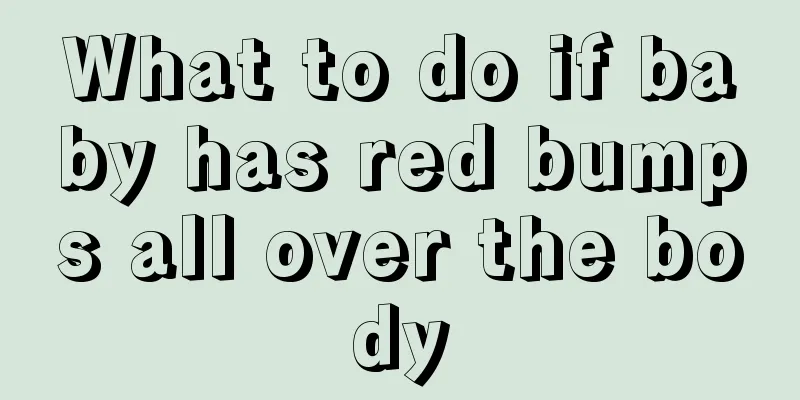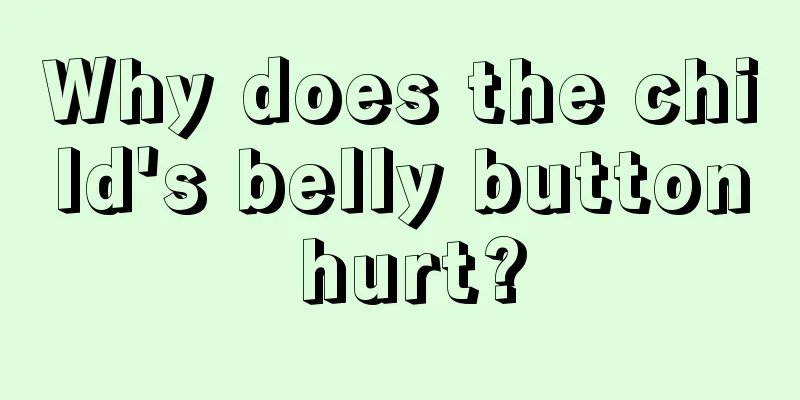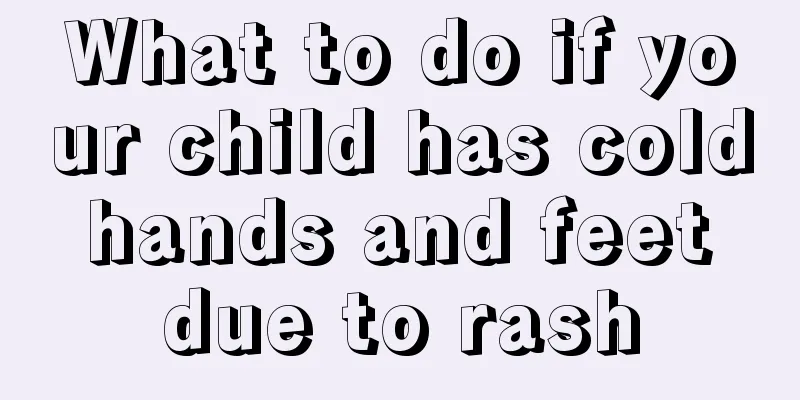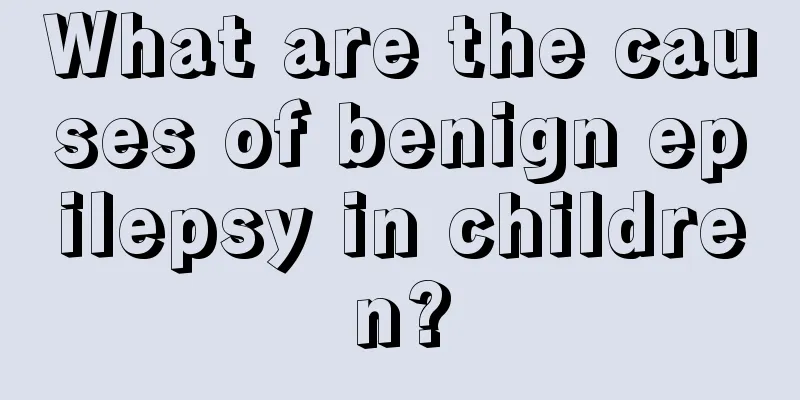What's going on when my baby has a fever, diarrhea and vomiting?
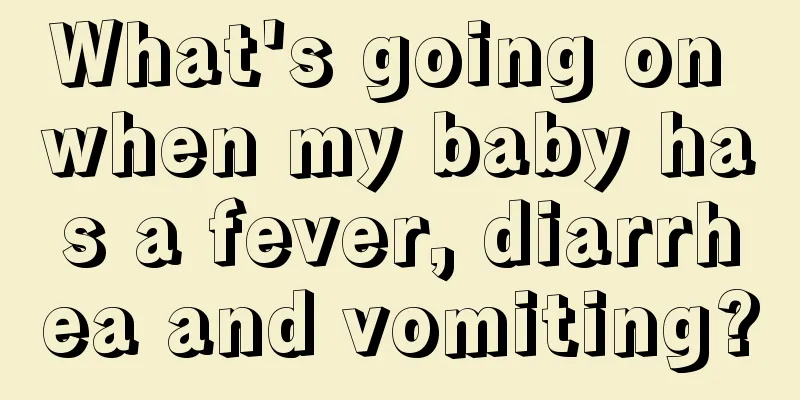
|
Babies are the apple of our eyes. In fact, it is normal for them to get sick. We adults also get sick often, let alone incompletely developed babies. Babies have poor resistance and need proper protection from their parents. Many times we are always worried about our babies getting sick, but once the baby is uncomfortable, parents will panic. The most common symptoms are diarrhea and fever. So what happens when a baby has a fever, diarrhea, and vomiting? Let’s learn more about it! Pediatricians say diarrhea and fever are common symptoms in babies. First of all, parents should find out whether the cause of their baby's diarrhea is infectious or non-infectious, and then prescribe the right medicine. It is especially important to observe the baby's condition. The amount of urine is a sign of whether the baby is dehydrated. If the amount of urine is the same as usual, it means that the baby is not dehydrated. If your baby urinates little or even no, it means he may be severely dehydrated. Parents can give the baby homemade rice soup or sugar and salt water, and give the baby plenty of water. 1. Wind-cold diarrhea: The baby's abdomen gets cold due to external factors such as playing outside, not paying attention when taking a bath, or not adding clothes in time when the weather turns cold. The stool is clear, foamy or green, and some babies will have fever symptoms. 2. Diarrhea due to spleen deficiency: Weak spleen and stomach lead to diarrhea after eating. There are undigested food, milk lumps, etc. in the stool, but it is not smelly. The baby's face is yellow and he looks not energetic. 3. Diarrhea caused by food poisoning: Because the baby eats too much, it causes abdominal distension and pain, and the stool is sour and smelly. Because excessive eating damages the spleen and stomach, the baby does not want to eat. 4. Spleen and kidney yang deficiency diarrhea: This is what we often call "early morning diarrhea", bowel movements at four or five in the morning, long-term diarrhea, pale complexion, fear of cold, cold hands and feet, and lack of energy. 5. Damp-heat diarrhea: urgent diarrhea, smelly stool, a few with mucus, redness and swelling around the anus, loss of appetite, dry lips, and sometimes fever. Now that we understand what is going on when a baby has a fever, diarrhea and vomiting, many people will choose a response method based on their baby's condition. In fact, this is correct, because although the symptoms are the same, the causes are not necessarily the same. You must go to the hospital for relevant examinations so that you can better determine the treatment method, prescribe the right medicine, and achieve better results. |
<<: What should I do if my baby has a fever, runny nose and diarrhea?
>>: Can the baby take a bath when he has a fever and diarrhea?
Recommend
One and a half year old child has a very big belly
It is an abnormal physiological phenomenon for a ...
What to do if your baby has diarrhea after having a fever in August
Eight-month-old babies are very well-behaved and ...
Commonly used medicines for children's cough
Cough is a common health problem among children. ...
Methods of correcting myopia in children
With the penetration of TV boxes and computers in...
Is pediatric massage useful? See the expert's explanation
Many people have heard of massage as a treatment ...
What to do if your two-year-old baby has a fever
If a two-year-old baby has a fever, parents shoul...
Baby sleeping frightened with hands raised
It is indeed very hard for mothers to take care o...
What to do if your child coughs when he catches a cold
It is a very troublesome problem that children co...
What medicine is good for children with intestinal spasms
Children are particularly prone to gastrointestin...
Causes of baby's skull protrusion
Babies grow up slowly from birth, and problems of...
How to treat sequelae of high fever convulsions in children
Children are still in a period of growth and deve...
What to do if a 2-year-old child has a high fever and convulsions
Colds and fevers are common diseases among childr...
What is the reason for the white spots on the child's fingernails?
There are many reasons for the appearance of whit...
How to relieve itchy red bumps on baby's feet
When red bumps grow on the baby's feet, paren...
Can children with roseola be exposed to the wind?
Roseola infantum is most common in babies aged si...

